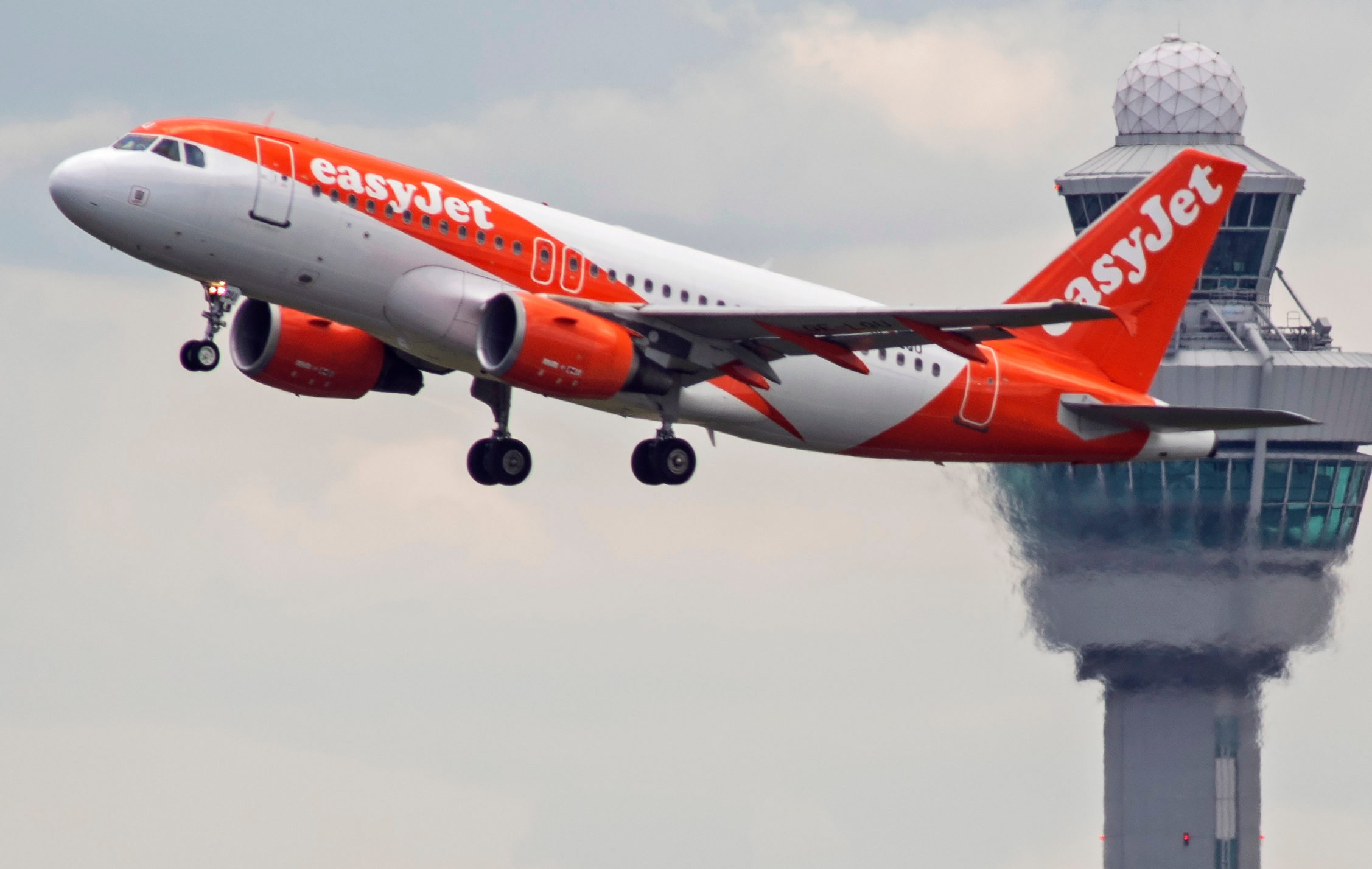
- Press Release
“Promoting pollution”: Low-cost flights up to 26 TIMES cheaper than trains, new report reveals
21 August, 2025 – Short-haul flights are still cheaper than the equivalent train journeys on the majority of cross-border routes in Europe, creating a perverse incentive that encourages polluting air travel, according to a new report published today.
Released by Greenpeace at the height of the holiday season, the major Europe-wide report, Flying Cheap, Paying Dear: How Airlines Undercut Rail and Fuel the Climate Crisis also reveals the UK as one of the continent’s worst countries for the price gap between plane and train tickets.
Research undertaken on 109 cross-border routes across 31 European countries found that flights are predominantly cheaper than trains on over half of them, with low-cost airlines dominating through unfair pricing.
France performed worst – with trains costing more than flights on 95% of all cross-border routes, followed by Spain at 92% and the UK at 90%. Five of the top ten most expensive cross-border train trips, compared to flights, are to or from UK destinations.
The most extreme price difference highlighted in the report is for same-day travel between Barcelona and London, with a train ticket costing €389 – 26 times more expensive than a Ryanair flight costing €15 [1]. The second largest price difference at both British and European levels was the London–Bratislava route, with the train costing €495 – 23 times higher than the cost of a €21.23 Wizz Air flight.
The report also includes analysis of four domestic routes in the UK, out of which at least two showed that train travel is predominantly cheaper than flying: one running from Glasgow to London and the other from Cardiff to Edinburgh. On the other two domestic routes, the train is almost always more expensive than the flight: the Edinburgh–London route, one of the busiest short-haul flight routes in Europe, and London–Inverness.
When comparing cross-border routes where trains are cheaper than flights, Lithuania tops the rankings at 100 per cent and Poland is second with 89 per cent, while the UK is the worst-performing country in Europe, with not a single cross-border route being predominantly cheaper by train.
Commenting on the findings, Greenpeace UK’s head of politics Ami McCarthy (they/them) said:
“The report reveals a UK transport system that’s rigged in favour of airlines, creating a perverse incentive that promotes air travel over cleaner rail journeys. The environmental cost of planes is huge, with flights emitting five times more carbon per passenger kilometre than trains on average. While climate impacts like heatwaves, droughts and wildfires are causing devastation across the UK and the rest of Europe, the Government should not reward the most polluting form of travel through subsidies and tax exemptions. If ministers are serious about tackling the climate and cost of living crises, they need to stop rewarding pollution, end tax breaks for aviation and make rail travel affordable – Train passengers should not have to pay a premium for choosing the greener option.”
Low-cost airlines such as Ryanair, Wizz Air, Vueling and easyJet dominate European skies with ticket fares starting often lower than airport and ticket fees. The cheapest ticket found, cost €12.99 and was sold by easyJet on its Barcelona–London route. These prices exist only because of untaxed aviation fuels, and international flight tickets are exempt from VAT.
Rail operators, however, often pay full VAT, rising energy costs, and high track access charges. The rail system is also fragmented and underfunded, with complex ticketing, inconsistent operators, and underinvestment making trains less competitive and accessible compared to flights.
Greenpeace is urging the EU and national governments to reform transport policy by ending subsidies for aviation, introducing a simple rail ticketing system and investing more in public rail infrastructure; Greenpeace is also calling for the introduction of Europe-wide affordable “climate tickets” — flat-rate passes valid across national and cross-border public transport.
This is Greenpeace’s second major report on flight and rail fares in Europe. Since 2023, the share of routes where trains are dominantly cheaper has risen by 14% points, thanks to better rail links and fewer ultra-cheap flight connections via hubs like London or Dublin.
ENDS
Advance copies of the report are available on request. The report will go live here
Notes
(1) One ticket valid for the SNCF TGV train from Barcelona to Paris and for the Eurostar from Paris to London.
(2) Three separate tickets from Eurostar, the French state railway company SNCF and the German state railway company DB
Contact:
Greenpeace UK Press Office – press.uk@greenpeace.org or +44 7377 730878 / +44 20 7865 8255
Notes to editors:
About the analysis:
The 2025 report compared ticket fares for 142 routes – including 109 cross-border and 33 domestic trips – by analysing fares directly from airline and train company websites for nine different travel dates across three timeframes ranging from just 2 days ahead to more than 3 months in the future (short, medium, and long-term). The study covered almost all European countries and included only routes under 1,500 km of air distance that can be reasonably travelled by both rail and air.
